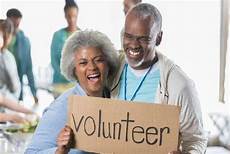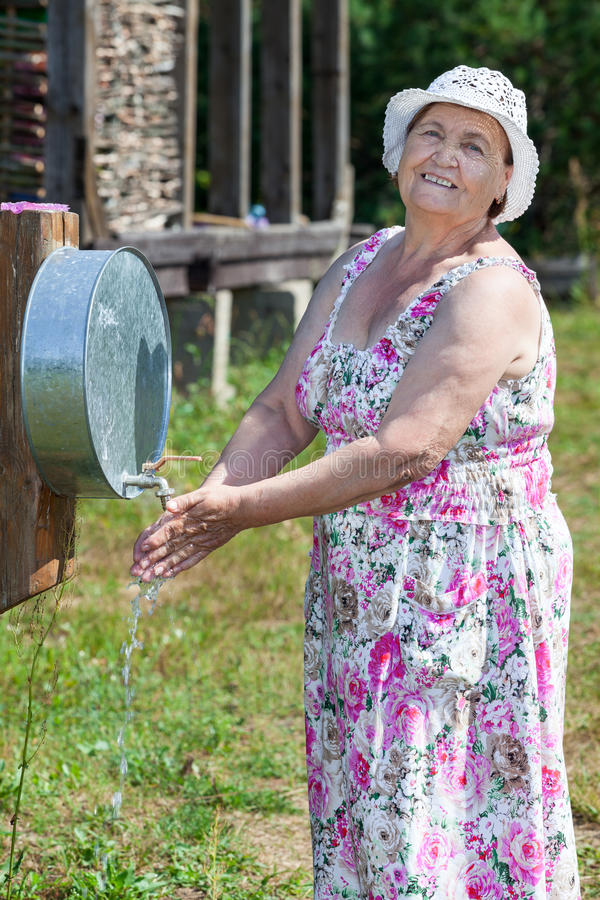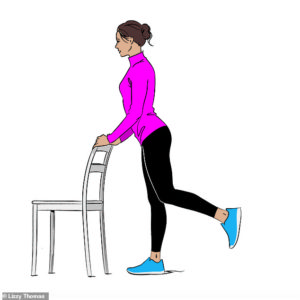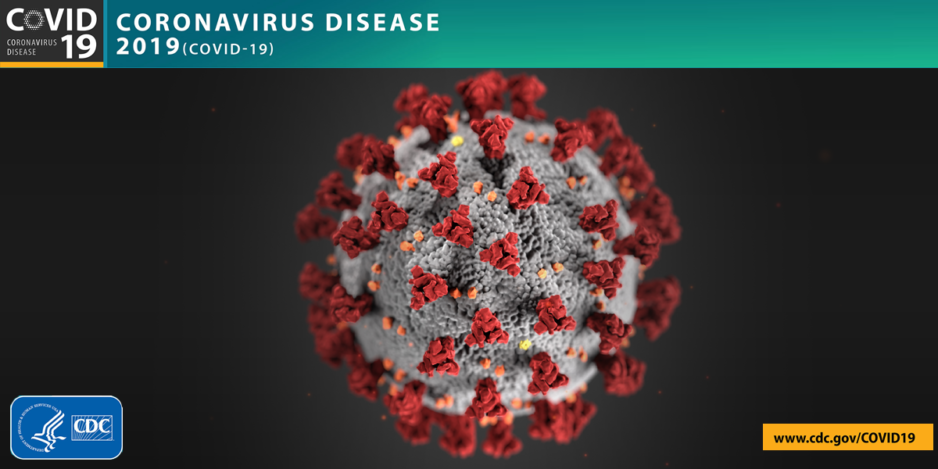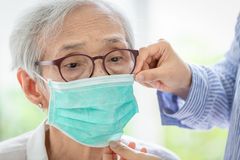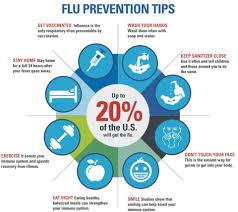Due to the rapid spread of COVID-19 and the risk to the aging population and people with existing health conditions, Americans are being asked to practice sheltering at home and social distancing. Unfortunately, some individuals are taking advantage of this situation by targeting the elderly and vulnerable with scams using fear and concerns about the coronavirus.
Many of the scams targeting the elderly are being perpetuated via social media and users are advised by social media experts to be wary of promotions for health care products and treatments for the coronavirus.
Using a safe and secure social media network is a safe way to stay in touch with family and friends and to avoid social isolation without being subject to fraudulent schemes. CaringBridge helps its users to maintain social connections, feel connected within their community, coordinate care and receive encouragement around a health journey while at home. Because the nonprofit CaringBridge will never accept advertising or share its user lists with any outside parties, unlike many other social media platforms, users can be assured that using the site is safe and they will not be targeted by scams.
Here are a few things you can do to support someone who may need additional support right now:
Stay Connected. Social distancing does not equal social isolation.
Start a CaringBridge site for a family member or friend who needs support. You can choose from a variety of privacy options to keep information as secure as you prefer.
Video Chat through services like FaceTime, Google Hangout or Skype.
Pick up the phone.
Start group chats with family, friends, coworkers, or church groups through text or chat groups like Facebook Messenger.
Offer assistance with emergency errands. Helping others with meals and errands should not stop due to social distancing. Use the CaringBridge Planner to coordinate doorstep delivery of:
Grocery and household essentials.
Over the counter or prescription medications.
To-go meal orders from local restaurant.
If you’re a long-distance caregiver, find out if your loved one has access to grocery delivery services. If so, set it up for them and find out their essential needs.
“As a nonprofit organization with a mission of building bridges of care and communication around a health journey, we want to remind the public that no one should go through a health journey alone, and that strength comes from community and connection,” said Liwanag Ojala, CEO of CaringBridge.
CaringBridge offers free personal websites allowing communities to rally around people on health journeys. The platform gives patients and caregivers a free, private, and secure place with no advertising or selling of information; serving as a safe channel of communication beyond social media to update friends and family, ask for help and get support and encouragement.
About CaringBridge
CaringBridge is a nonprofit social network that helps people connect with friends and family during a health journey. CaringBridge has made it simple and safe to offer or ask for support when it’s needed most. With more than 300,000 active daily users—CaringBridge offers simple tools for patients and their caregivers to share health updates and rally their community’s support. A health journey of any kind—diagnosis, injury, medical or behavioral illness, pregnancy complications or other experiences—is difficult to endure alone. Learn more at www.CaringBridge.org.
